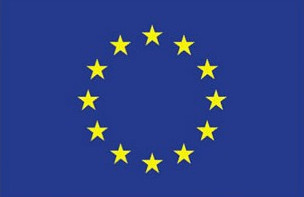
The South-East European Research Centre (SEERC) is an overseas research centre of the University of Sheffield, established as a non-profit legal entity in Thessaloniki, Greece. The centre was founded by City College, the University’s International Faculty, in 2003. It is conducting multidisciplinary research in the fields of Enterprise, Innovation & Development, Information & Communication Technologies, and Society & Human Development.
SEERC’s mission is to support the stable and peaceful development of South-East Europe by conducting pure and applied research in and for the region. To accomplish this, SEERC will employ the existing research capacities of the University of Sheffield and CITY College by facilitating collaborations between their research staff and by developing multi-disciplinary networks of researchers from across South-East Europe.
SEERC’s role in the project will be to lead the Transnational Knowledge Transfer Partnerships Development and Implementation
Participating Staff
Mr Nikos Zaharis, Director. His goal is to build up and expand SEERC’s research agenda and strengthen research partnerships internationally and in the South East European Region focusing on issues of economic and regional development, IT policy and social development. He has more than 17 years experience as a consultant and manager working for industrial as well as public sector organizations on issues ranging from quality and environmental management to managing of research, economic and regional development in Greece and in a series of eastern European countries.
Dr Adrian Solomon, Unit Leader (Lecturer) Operations, Logistics & Supply Chain Management, Project Manager for resource efficiency, environmental sustainability and digital projects. His main speciality and interests reside in the field of low carbon and resilient logistics and supply chain management and in the application of technology towards assisting businesses in low carbon decision making. Having a strong background in computer science (focused on: Business Process Modelling, Cloud applications, Co-creation, Open innovation), he is utilizing this expertise in investigating the behaviour of logistics systems through modelling and simulation in order to identify pathways and improvements towards achieving the resilient low carbon operational state. In all scenarios, all the outputs resulted from his work have an industry focus – as a primary goal, as well as co-creation with academia in order to enable proper knowledge flows between the two entities.
